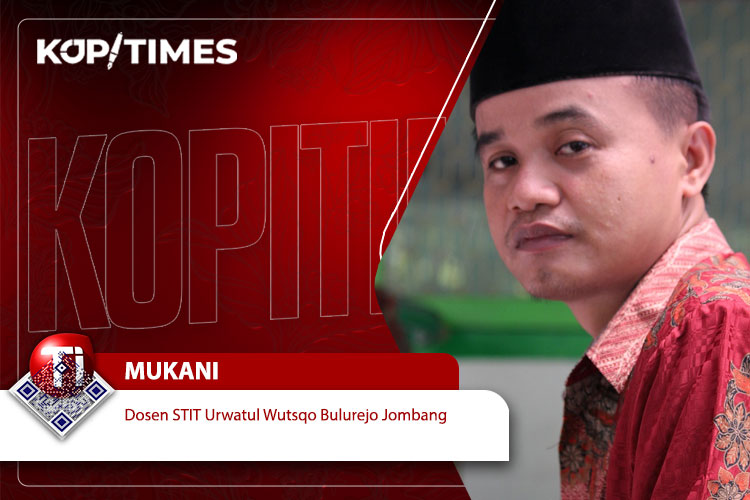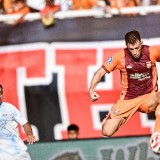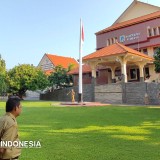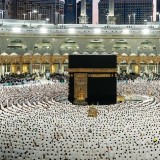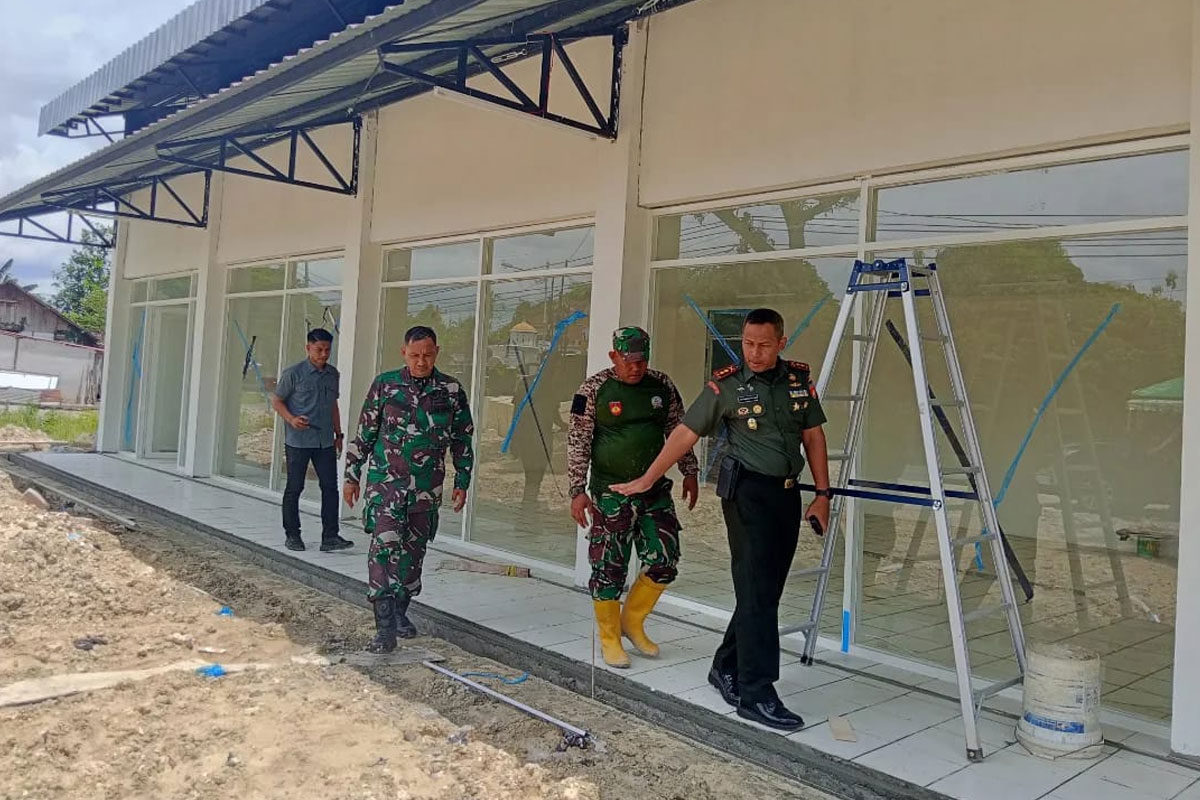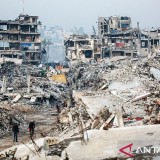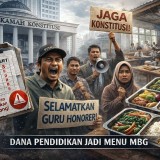TIMES MALAYSIA, JOMBANG – As the final week of the holy month of Ramadan approaches, our society is more preoccupied with the agenda of buying new clothes. This cultural practice, which has been ongoing from year to year, seems to have become a mandatory ritual. People are not as busy increasing various acts of worship to welcome the night of Lailatul Qadr.
Substantive Meaning
Normatively, as explained by Imam al-Ghazali in the book Ihya Ulumuddin, there are three levels of fasting individuals. First, the fasting of the general public ('awam). At this level, fasting individuals only strive to abstain from biological fasting prohibitions, such as eating, drinking, smoking, intimate relations, and so on.
Second, the fasting of specific individuals (khawas). At this second level, individuals not only refrain from biological prohibitions but also from all actions and attitudes that can reduce the reward of their fasting, such as speaking obscenely, listening to slander, gossiping, backbiting, and so on. Additionally, this level also requires individuals not to eat anything of uncertain legal status (syubhat) and not to overeat at iftar.
Third, the fasting of the extremely special individuals (khawashul khawas). This means that at this level, the neutrality of individuals in fasting cannot be negotiated anymore. People must release the temporary worldly boundaries towards a true understanding of the meaning of life leading to the transcendent hereafter. Just in thought alone, individuals at this level must already abandon all worldly ambitions, let alone negative thinking.
These three levels are not difficult to achieve if the understanding of each Muslim's worship is not trapped in mere ritualistic aspects. The principle of continuity (istiqamah) must be implemented well when performing worship, so that it is expected to generate a spirit (ghirrah) to achieve accomplishments, not just the prestige that modern humans tend to boast about.
New Clothes
Until now, Indonesian society is still trapped in the formalistic aspect of interpreting something. As if it has become an unchangeable tradition approaching Eid, traditional markets in various regions will be swarmed by people who want to buy new clothes. Whether it's out of prestige or a minimal understanding of the substance of Eid al-Fitr. However, adigum Javanese ajining raga saka busana is also interpreted as contributing to the formation of this tradition.
Sociological perspectives interpret that this phenomenon offers a different point of view from the substance of Eid itself. In Islamic doctrine, Eid should be the right moment to open oneself to all broad perspectives of the world horizon to "simply forgive" others' past mistakes.
Far from that, throughout the full month of Shawwal, individuals who have passed Ramadan are actually required to increase the acts of worship they have performed.
The reality in our society is quite the opposite. Every Eid arrives, laziness returns, just as it was before Ramadan. The prayer rooms will be empty again. Mosques will be empty again, without congregations flocking for communal prayers, as they did for Tarawih prayers.
Therefore, reducing the substance of Eid's meaning to just wearing new clothes is very naive to do at a time when this nation is still trapped in a multidimensional crisis. The true meaning of Eid will be able to bring individuals who have "been in the process" in Ramadan closer to Allah SWT. This includes increasing their attention to the fate of the weak (mustadh'afin) around them who are still unfortunate. This is what fasting is truly about as a means of mental education for Muslims.
The substance of fasting in the holy month of Ramadan will be obtained if there is a positive behavioral improvement in a Muslim's life in all aspects over the next year. Because if a Muslim is wise, the meaning of Ramadan's victory is not just the routine of wearing new clothes on Eid day. (*)
By: Mukani, Lecturer at STIT Urwatul Wutsqo Bulurejo Jombang
Artikel ini sebelumnya sudah tayang di TIMES Indonesia dengan judul: The Meaning of Eid: More Than Just New Clothes
| Writer | : Khodijah Siti |
| Editor | : Khodijah Siti |
